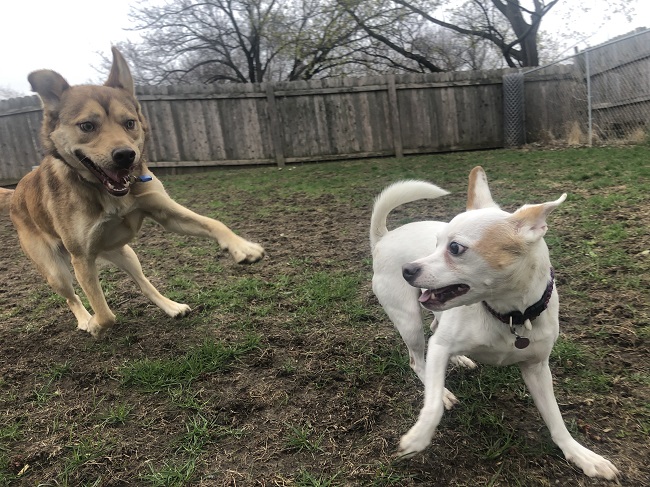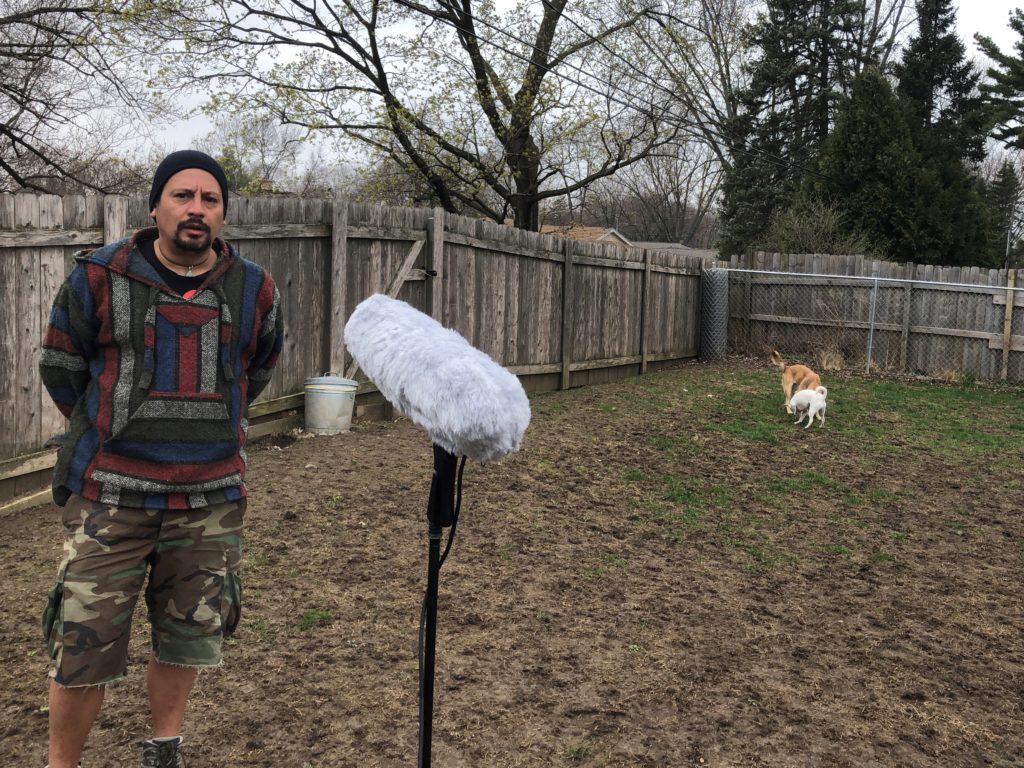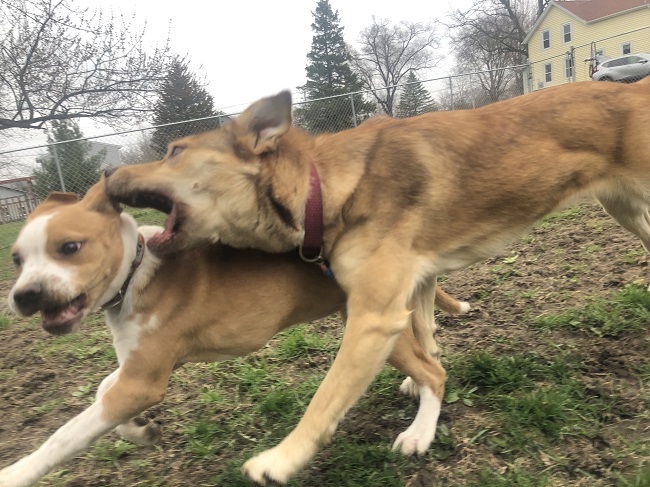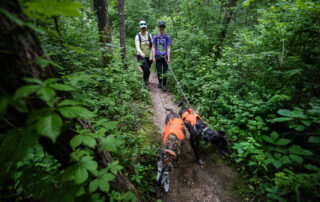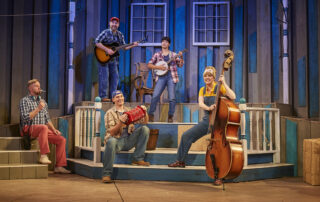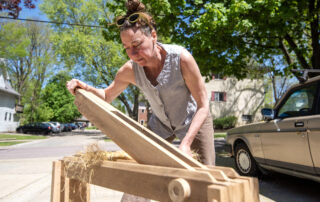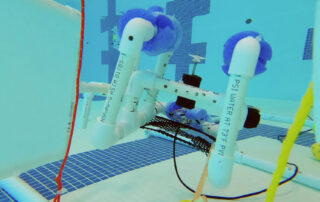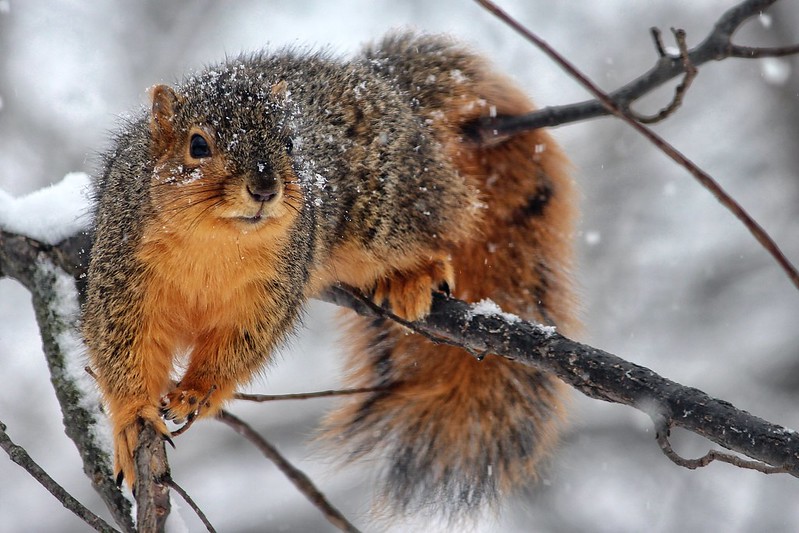It’s been a few months since people have had to make changes in their lives because of COVID-19. Some get to work from home. Some folks still have to go to a workplace using extra caution. Still others have lost their jobs when the businesses they worked at closed.
Before the COVID-19 pandemic, Jorge Melara filled his workdays with dogs.
“I drive around in my old Honda Odyssey and I pick up dogs all over Madison,” said Melara. “We end up on my property. We run and play with the dogs in a fenced-in area.”
Melara owns Divine K-9, a dog training company, and Wanna Go Outside, a playgroup service. We talked at his private play area while his new pup, Dali, his other dog, Suka, and my dog, Sasha, played in the yard.
“Since the pandemic hit, I felt it more responsible to not go into my client’s homes. Not only do I have clients that are doctors, pediatricians and doctors that work in the E.R., but I also have clients that are a little bit older that could be compromised because of the virus,” Melara said. “I felt it was responsible to cut back on that and stop my playgroup service so that I could help flatten the curve and do my part.”
After canceling his playgroup service, Melara said he lost about 85% of his income.
“The playgroup is my bread and butter. I would train dogs and do classes in the evenings Monday through Friday,” Melara said.
But the hardest part for him? Melara really misses the dogs and the playgroups.
“These dogs are a part of my life. I call them my babies. I call them my buddies. I develop a bond, and I work with them daily,” he said. “To go cold turkey like that has been incredibly difficult emotionally. It’s what I’ve been doing for 20 years. I don’t know what to do with myself. I have other work I’m doing. I’m shooting videos and adapting with my training business to offer more stuff virtually.”
Melara’s college path led him to dog training. He initially went to school to become a certified behavioral therapist who would work with children.
“My college funds ran out and I was unable to continue going to school,” Melara said. “My roommate and I adopted a dog named C.J. and he had some behavioral issues. I took what I learned in the little bit of college that I went to and applied it to my dog. It worked.”
Melara describes himself as a crossover trainer.
“When I first started training dogs, I used some aversive techniques. I would pop leash if the dog did something wrong, or I would verbally reprimand,” he said. “But as I evolved as a trainer, my techniques got sweeter and more scientific. I started using carrots instead of the whip.”
Melara loves his job, especially when he sees how happy the dogs are when they’re socializing.
“My favorite thing to watch is just all the little behaviors that they do, the communication that they have,” he said. “I often say I’m like Jane Goodall. I get to watch these behaviors during playgroup and all the subtleties that they can express in these little tiny minute movements in their bodies.”
Now that many of us are spending more time at home, we have an opportunity to focus on our pets. So, where’s a good place for us to start? Melara suggests training.
“There are so many things you can do and teach your dogs” he said. “You can go on YouTube, and just type in positive reinforcement training. Another technique that I love is shaping games with your dogs.”
Ultimately, Melara says just play with your dog.
“People think training means obedience, and that’s not the case,” he said. “Training your dog could be anything. It could be something silly like a trick or something complex like freestyle, which is a dance routine with your dog.”
Besides trying to figure out ways to stay in touch with his clients and help them work with their dogs, Melara is working on finding his way in this time of seclusion.
“I’m taking this isolation in stride. I’m learning a lot about myself in terms of being alone and just being patient with myself and just being with my emotions as they come,” Melara said. “Sometimes I feel great, and sometimes I feel down. I love that saying: ‘It’s OK not to be OK.’ It’s OK not to be productive.”
“With the stay-at-home effort here, it’s to keep everybody safe,” Melara added. “Nobody is being punished here. Nobody is in trouble. But if we continue to go out, this is going to keep going unless we take care of it. It’s we, not me. We all have our part.”
